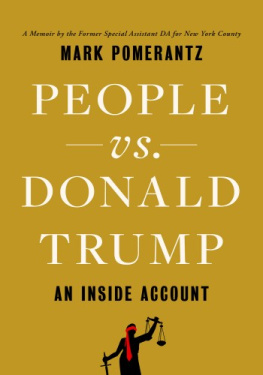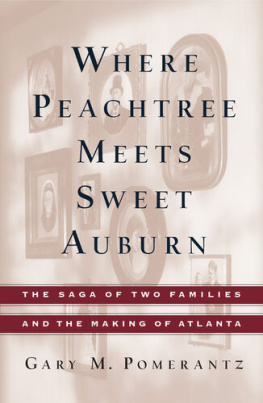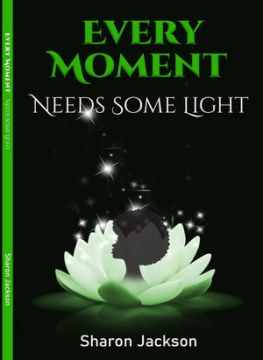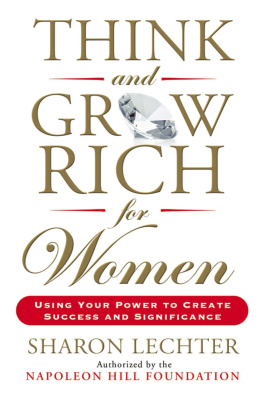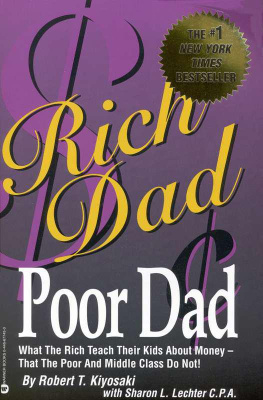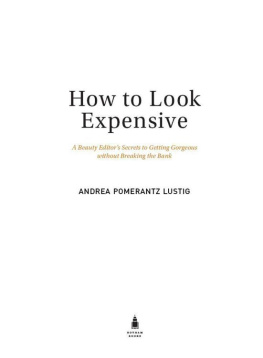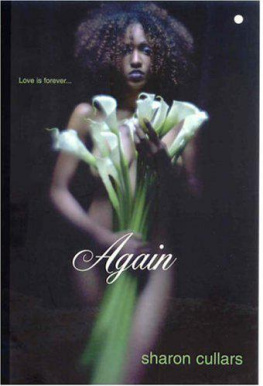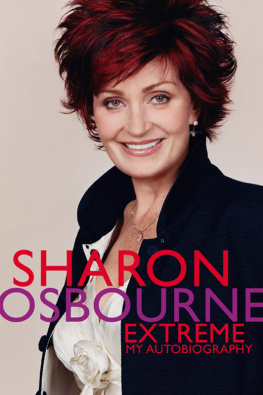Sharon Pomerantz - Rich Boy
Here you can read online Sharon Pomerantz - Rich Boy full text of the book (entire story) in english for free. Download pdf and epub, get meaning, cover and reviews about this ebook. genre: Detective and thriller. Description of the work, (preface) as well as reviews are available. Best literature library LitArk.com created for fans of good reading and offers a wide selection of genres:
Romance novel
Science fiction
Adventure
Detective
Science
History
Home and family
Prose
Art
Politics
Computer
Non-fiction
Religion
Business
Children
Humor
Choose a favorite category and find really read worthwhile books. Enjoy immersion in the world of imagination, feel the emotions of the characters or learn something new for yourself, make an fascinating discovery.

- Book:Rich Boy
- Author:
- Genre:
- Rating:5 / 5
- Favourites:Add to favourites
- Your mark:
- 100
- 1
- 2
- 3
- 4
- 5
Rich Boy: summary, description and annotation
We offer to read an annotation, description, summary or preface (depends on what the author of the book "Rich Boy" wrote himself). If you haven't found the necessary information about the book — write in the comments, we will try to find it.
Rich Boy — read online for free the complete book (whole text) full work
Below is the text of the book, divided by pages. System saving the place of the last page read, allows you to conveniently read the book "Rich Boy" online for free, without having to search again every time where you left off. Put a bookmark, and you can go to the page where you finished reading at any time.
Font size:
Interval:
Bookmark:
This book is a work of fiction. Names, characters, places, and incidents are the product of the authors imagination or are used fictitiously. Any resemblance to actual events, locales, or persons, living or dead, is coincidental.
Copyright 2010 by Sharon Pomerantz
All rights reserved. Except as permitted under the U.S. Copyright Act of 1976, no part of this publication may be reproduced, distributed, or transmitted in any form or by any means, or stored in a database or retrieval system, without the prior written permission of the publisher.
Twelve
Hachette Book Group
237 Park Avenue
New York, NY 10017
Visit our website at www.HachetteBookGroup.com.
www.twitter.com/grandcentralpub.
Twelve is an imprint of Grand Central Publishing.
The Twelve name and logo are trademarks of Hachette Book Group, Inc.
First eBook Edition: August 2010
ISBN: 978-0-446-57198-2
In memory of my beloved father, Julius Pomerantz
(19262006), who believed that I could do anything.
Well be poor, wont we? Like people in books. And Ill be an orphan and utterly free. Free and poor! What fun! She stopped and raised her lips to him in a delighted kiss.
Its impossible to be both together, said John grimly. People have found that out. And I should choose to be free as preferable of the two.
F. Scott Fitzgerald,
The Diamond as Big as the Ritz
F or as far as the eye could see were miles and miles of Jews, families of four, five, and more packed into long, solid-brick rowsso many Steins and Vitzes, Silvers and Goldseach house with its own narrow scroll of front lawn and a cement patio big enough for exactly two folding chairs. On Robert Vishniaks block, the 2100 block of Disston Street in Northeast Philadelphia, an Italian family lived three houses down from him. Italian from Italy, his mother liked to say, born over there, unfamiliar with the lay of the land, and so no one told them until it was too late that they were buying on the wrong side of the Roosevelt Boulevard, a highway that might as well have been a river; Jews stayed west of it and Catholics east.
The area was known by residents as simply the Northeast, and Roberts neighborhood was called Oxford Circle, named after a traffic circle that drivers had trouble navigating their way out of. Most of the fathers in Oxford Circle worked at government jobs or in factories, did physical labor, or owned small shops. The mothers stayed home with the children and were house proud. They hung their wet clothes on miles of line that stretched from house to house in the endless shared back drivewaythe heavy canvas work shirts were spotless and the white bedsheets gleamed, as did the kitchen and bathroom floors that the women scrubbed, on their hands and knees, as if in worship.
The Vishniak family moved here in 1953. Before that, theyd lived with Roberts grandparents, Cece and Saul Kupferberg, in a three-story row house in Southwest Philadelphia. Robert made the fourth generation to reside in that overcrowded house, yet the adults greeted the arrival of the first grandchild as if he warranted his own national holiday. Saulwho worked long hours at the tannery and came home so tired that his dinner was often served to him in bedasked that the baby be brought to him after his last glass of tea so that he might hold him for a few minutes before bed. More than once he was found with his arms locked around the infant, both of them fast asleep. When Roberts young uncle Frank, just a year out of high school, returned each day from his job at the supermarket, he lifted the boy into the air, parading him around the living room high above them all, where they believed he belonged. As Robert grew, his grandmother indulged him with endless homemade desserts, and his aunt Lolly, who lived just down the block and did not yet have children of her own, came over every afternoon to hold him on her lap and smother him with kisses while declaring Robert the most beautiful child shed ever seen.
She was not completely biased in her assessment. He had a full face, with olive skin like his mothers and straight black bangs that skimmed large brown-black eyes. On his chin and on the right but not the left cheek was a dimple that, when it chose to appear, seemed to be awarding a prize. Mostly, the boy smirked rather than smiled, as if possessing a secret that might at any moment corrupt him. Women particularly responded to his charms. When walking the child in the stroller, Stacia and Cece were often stopped by strangers who wanted to smile at him and, in Stacias words, make fools of themselves. A neighbor once took a picture, hoping to enter him in a local contest for adorable toddlers, but his mother would not hear of itthere was no cash involved, so what, Stacia asked, was the point? She was the only one who didnt slobber over her son; for that matter, she didnt hug or kiss most people, be they child or adult. But affection is affection, no matter where it comes from, and in Cece and Sauls house Robert grew drunk on it.
Though Stacia worried that Robert would be spoiled, she could not deny that so many babysitters, cooks, and assistants made her life much easier. She would have been happy to live in her parents house forever, paying no rent and letting others fuss over her firstborn, but then, when Robert was five, Stacia had another child, Barry. The second son brought none of the novelty of a first grandchild and was a loud, colicky baby who kept the house up all night. The adults were five years older, five years more crowded and tired. Ceces father, now age ninety-five and referred to by all as the old man, was still occupying the attic and showed no sign of going anywhere. Frank was as yet unmarried and remained at home. Instead of happily making room for the new baby, the family wondered where on earth theyd put him. It was not that they were unloving, or neglectful, but they went about their duties this time with significantly less enthusiasm. Then Saul got sick, and it dawned on his wife that Stacia, her husband, and their growing family might stay forever, and Saul would never be able to retire. So she kicked them out.
Stacia argued with her mother and then, for the first and only time in her life, she beggedWe havent saved enough for our own place; well pay more into the household expenses; Ill keep the baby quiet, I promisebut Ceces mind was made up. She folded her arms over her significant chest, told Stacia to get a mortgage like everyone else, and declared the decision final.
They bought the house in Oxford Circle for $6,300 with 30 percent down. Even at six years old, Robert knew those figures because Stacia Vishniak believed that hearing what things cost was good for children, like castor oil. There was a mortgage to pay now, and Vishniak, who worked at the post office during the day, began moonlighting nights and weekends as a security guard. After Barry went off to first grade, Stacia took the school crossing guard job so that she could still keep an eye on her sons after school. Mornings and afternoons she ferried the children from Solis-Cohen Elementary School safely across Bustleton Avenue. It was a strange vocation for a woman who hated automobiles, considering them wasteful and dirty. But no crossing guard was more diligent, keeping her charges in line with only a look, and holding drivers to the school-crossing speed limit, memorizing quickly the license number of anyone who infringed. Roberts mother not only shopped for and prepared their meals and did the cleaning, washing, and general housework, but she also did all her own home repairs, fixing plumbing and unclogging drains, plastering and painting hallways and replacing light fixtures. Every other Sunday morning Stacia mowed the small front lawn with a rusty hand mower. She paid all the bills, too, squeezing twenty dollars out of each nickel. If the neighbors sometimes gossiped about her standoffishness, her plain appearance, she ignored them. No ones opinion mattered to her but her own.
Font size:
Interval:
Bookmark:
Similar books «Rich Boy»
Look at similar books to Rich Boy. We have selected literature similar in name and meaning in the hope of providing readers with more options to find new, interesting, not yet read works.
Discussion, reviews of the book Rich Boy and just readers' own opinions. Leave your comments, write what you think about the work, its meaning or the main characters. Specify what exactly you liked and what you didn't like, and why you think so.

